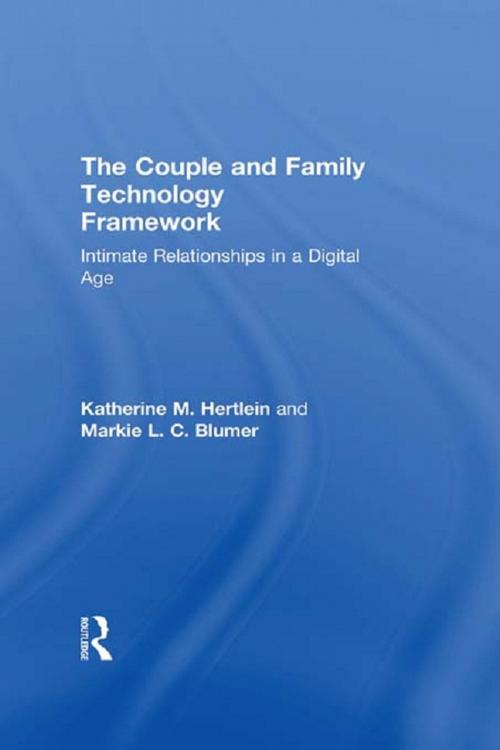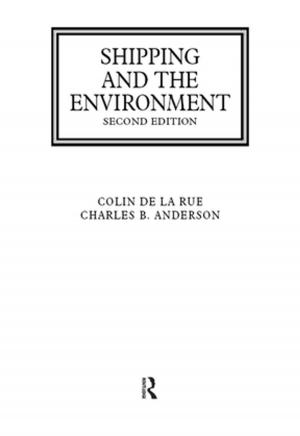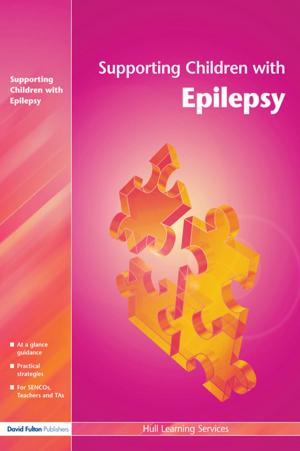The Couple and Family Technology Framework
Intimate Relationships in a Digital Age
Nonfiction, Health & Well Being, Psychology, Family Therapy, Mental Health| Author: | Katherine M. Hertlein, Markie L. C. Blumer | ISBN: | 9781136175732 |
| Publisher: | Taylor and Francis | Publication: | July 18, 2013 |
| Imprint: | Routledge | Language: | English |
| Author: | Katherine M. Hertlein, Markie L. C. Blumer |
| ISBN: | 9781136175732 |
| Publisher: | Taylor and Francis |
| Publication: | July 18, 2013 |
| Imprint: | Routledge |
| Language: | English |
Couples and families worldwide have a constant electronic connection to others, a fact that is influencing the concerns and issues they bring to therapy. The authors of this resource help mental health practitioners to better deal with concerns such as online infidelity, online dating, internet addictions, cyber bulling, and many more by introducing the Couple and Family Technology (CFT) framework, a multi-theoretical approach that doesn’t require clinicians to change their preferred clinical approach.
The CFT framework acknowledges the ways in which couples navigate their relationship with technology and a partner simultaneously, and it attends to, and in some cases incorporates the role of technology in therapeutic ways. Included in the authors’ discussion of how different technologies affect relationships is
• a survey of what individuals’ motivations of usage are
• an examination of the specific issues that emerge in treatment
• a study of the risks particularly relevant to intimate relationships, and
• an introduction of the first-ever technology-based genogram.
They also examine technological usage across different developmental points in a couple’s lifespan, with attention given throughout to people from various cultural backgrounds.
Along with the CFT framework, the authors also introduce a new discipline of family research: Couple and Family Technology. This discipline integrates three broad perspectives in family science and helps therapists maintain a systemic focus in assessing and treating couples where issues of the Internet and new media are problematic. Online resources can be accessed by purchasers of the book and include videos, additional case studies, glossary, and forms.
Couples and families worldwide have a constant electronic connection to others, a fact that is influencing the concerns and issues they bring to therapy. The authors of this resource help mental health practitioners to better deal with concerns such as online infidelity, online dating, internet addictions, cyber bulling, and many more by introducing the Couple and Family Technology (CFT) framework, a multi-theoretical approach that doesn’t require clinicians to change their preferred clinical approach.
The CFT framework acknowledges the ways in which couples navigate their relationship with technology and a partner simultaneously, and it attends to, and in some cases incorporates the role of technology in therapeutic ways. Included in the authors’ discussion of how different technologies affect relationships is
• a survey of what individuals’ motivations of usage are
• an examination of the specific issues that emerge in treatment
• a study of the risks particularly relevant to intimate relationships, and
• an introduction of the first-ever technology-based genogram.
They also examine technological usage across different developmental points in a couple’s lifespan, with attention given throughout to people from various cultural backgrounds.
Along with the CFT framework, the authors also introduce a new discipline of family research: Couple and Family Technology. This discipline integrates three broad perspectives in family science and helps therapists maintain a systemic focus in assessing and treating couples where issues of the Internet and new media are problematic. Online resources can be accessed by purchasers of the book and include videos, additional case studies, glossary, and forms.















